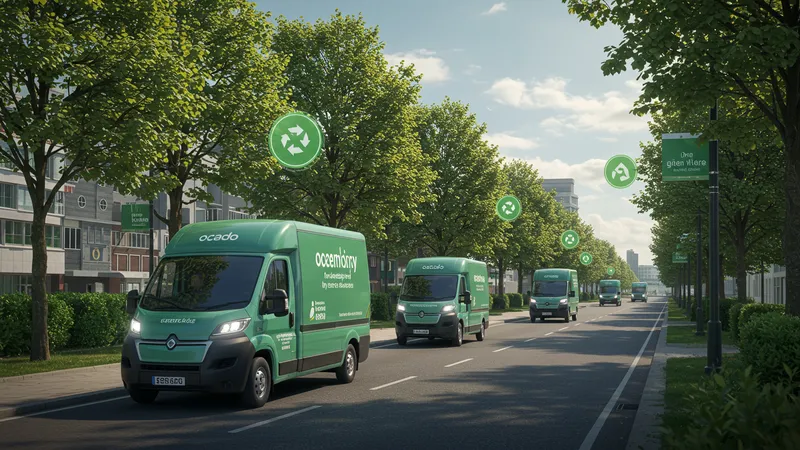
Discover Green Living Ideas And Eco Trends Shaping The Future
Eco Delivery Services and the Future of UK Low-Emission Logistics
The UK delivery landscape has seen major improvements through the adoption of low-emission vehicles and carbon-balancing initiatives. Ocado has invested heavily in electric and biogas-powered delivery vans, rolling out eco slots across key metropolitan areas. These slots are prioritised for customers along similar routes, reducing unnecessary van miles and emissions per package delivered. The green surcharge is modest, usually less than 50p, and is transparently reinvested in fleet improvements and tree-planting.

Other supermarkets and logistics companies, such as Tesco and DPD, have followed suit but differ in the scale and pace of their rollouts. Ocado, benefiting from its digital-first approach and warehouse automation, has been able to optimise route planning and reduce idling losses more effectively than many traditional delivery competitors. This has led to measurable air quality improvements, particularly in densely populated cities like London and Manchester.
UK government policy now encourages this private sector innovation, with Clean Air Zones and stricter emissions standards requiring fleets to modernise in order to operate without penalties. These measures are not only cleaning up urban environments but also pushing logistics providers to invest in costly but future-proof electric vans and carbon offset schemes. As more customers choose green slots, the cost per delivery is expected to drop steadily, accelerating mainstream adoption even further.
Another area gaining traction is community-based last-mile delivery, where local cyclists and e-cargo bikes complement large-scale logistics. Schemes piloted in cities like Bristol have reduced van traffic, encouraged more sustainable consumer behaviour, and introduced new ways to make online shopping greener without compromising speed or reliability.